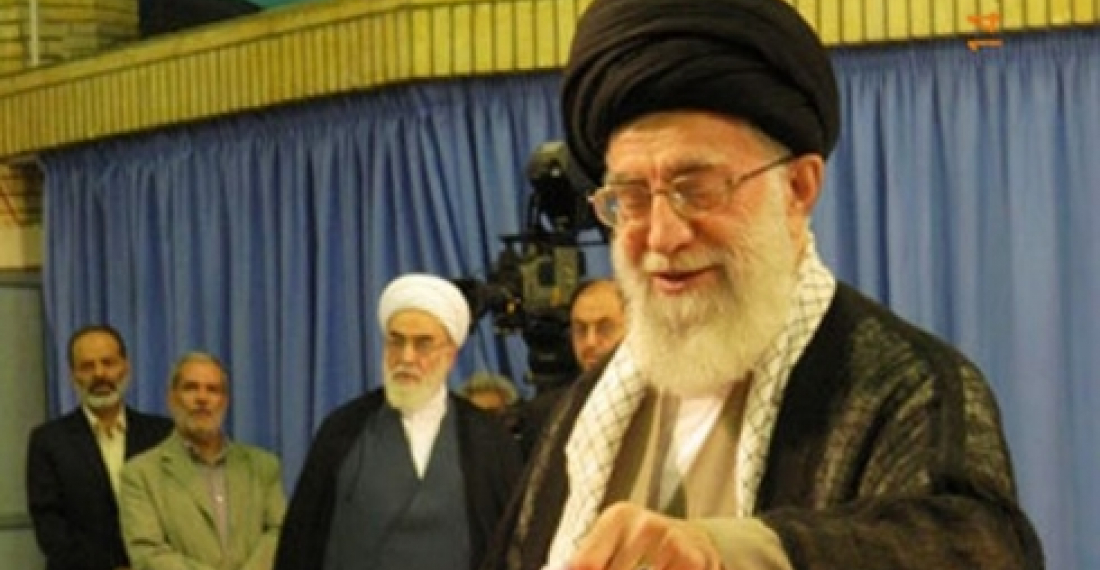Сегодня иранцы выбирают нового президента.
Верховный лидер Ирана аятолла Али Хаменеи был одним из первых, кто проголосовал сегодня. Отвечая на вопрос журналистов, за кого он проголосовал, Хаменеи ответил, что он сделал свой выбор, но даже его семья не знает, за кого он голосовал.
Хаменеи призвал иранский народ не опаздывать на выборы. Верховный лидер Ирана охарактеризовал эти выборы "эпическими".
Хаменеи отметил, что избирательная комиссия несет ответственность за подсчет голосов избирателей, добавив, что их обязанность сохранить голоса в безопасности. Он также заявил, что Иран не беспокоит то, что США не признают выборы в Иране демократическими.
В текущих президентских выборах участвуют шесть кандидатов:
Секретарь Совета по целесообразности принимаемых решений Мохсен Резаи,
Верховный Секретарь Совета национальной безопасности Саид Джалили,
бывший министр иностранных дел Али Акбар Велаяти,
мэр Тегерана Мохаммад Бакер Калибаф,
президент Центра стратегических исследований Совета по целесообразности принимаемых решений Хасан Роухани,
бывший министр связи Саид Мохаммад Гарази
Почти 50.5 миллионов иранцев имеют право голосовать на текущих президентских выборах. Иранцы, проживающие в других странах могут голосовать через посольства Ирана в этих странах.
Источник: commonspace.eu
фото: верховный лидер Ирана, аятолла Али Хаменеи отдает свой голос на выборах в Тегеране, 14 июня 2013 года.






